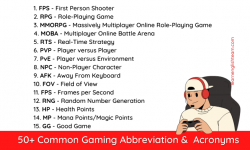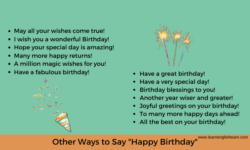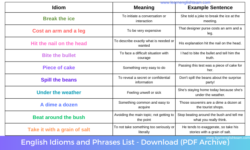Interjections in English Grammar & List & Examples
Yay! We are going to talk about interjections today. Actually I’ve just used an interjection at the beginning of our lesson (yay!)
What are interjections in grammar?
An interjection is one of the part of speech and mostly used in informal conversations in English. Interjections express meaning or feelings and grammatically doesn’t affect other parts in the sentence. They are followed by a punctuation mark or an exclamation point (!) most of the time.
☛You can show that you are suprised (wow!), happiness (yay!) or confusion (huh!) with interjections. You can use some nouns, verbs and adverbs as a interjection too.
Noun interjection example: Fellas! Let’s eat something.
Verb interjection example: Stop! You are not leaving home.
Adverb interjection example: Yeap! That’s exactly what he said.
☛Interjections can be one word or entire sentence with a subject and a verb.
One word: Duhh!
Sentence: This is insane!
List of Interjections
Interjection and Meaning
Baloney! – I don’t agree with that!
Cheers! – Good tidings!
Duh! – That makes sense!
Eureka! – I found it!
EEK! – That’s scary!
Get out! – I don’t believe it!
Golly! – I’m amazed!
Gee! – Really?
Huh? – What was that?
Incredible! – That’s amazing!
Jinx! – Bad luck!
Ka-boom! – Bang!
Look! – See that!
My! – Oh dear!
Never! – I hope that never happens.
Oops! – I’ve had an accident.
Phooey! – I don’t believe it!
Quit! – Stop that!
Rats! – That’s not good!
Shoot! – I don’t like that!
Tsk tsk! – Shame on you!
Ugh! – Not good!
Woot! – Hurray!
Wow! – Amazing




